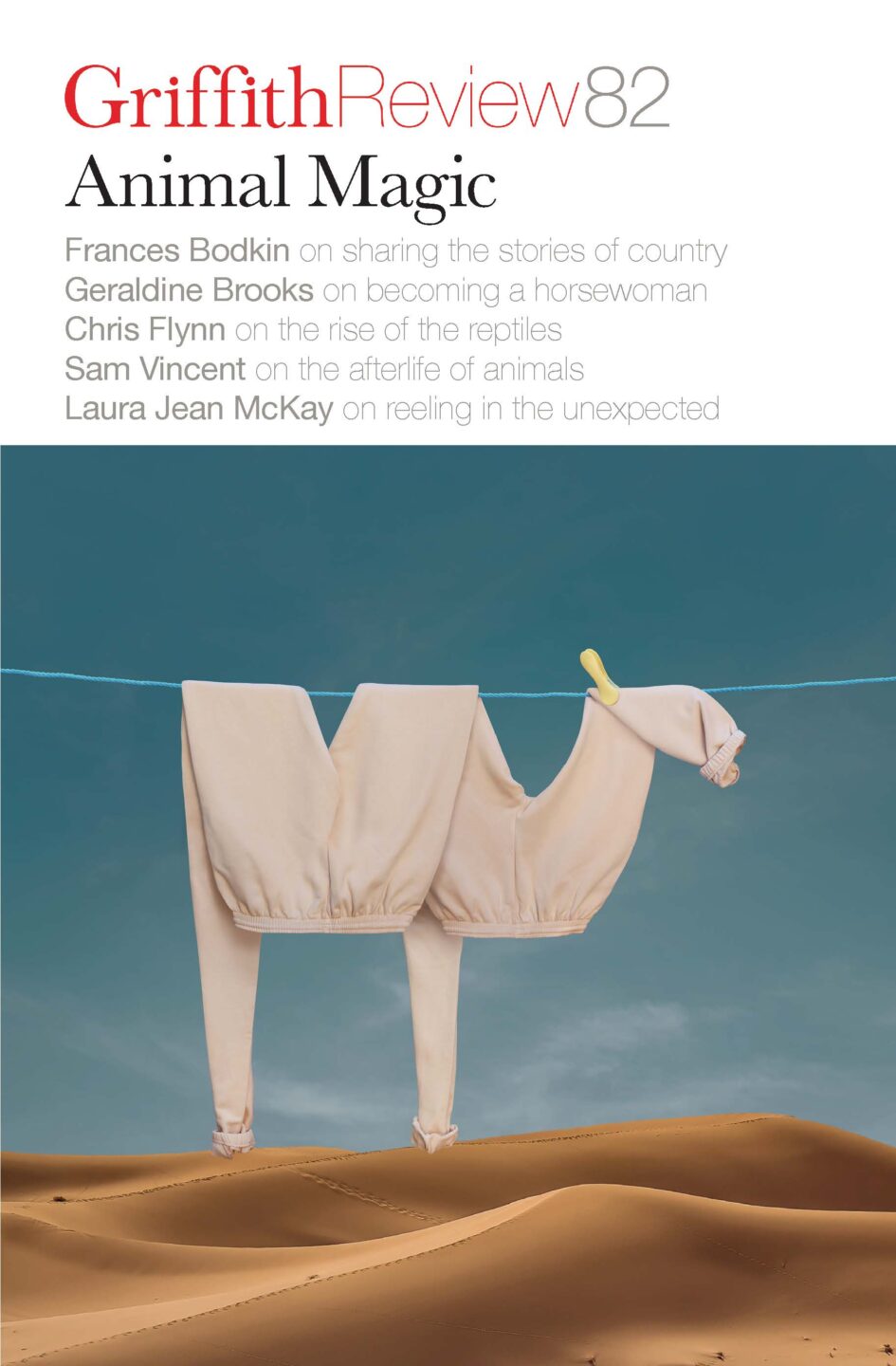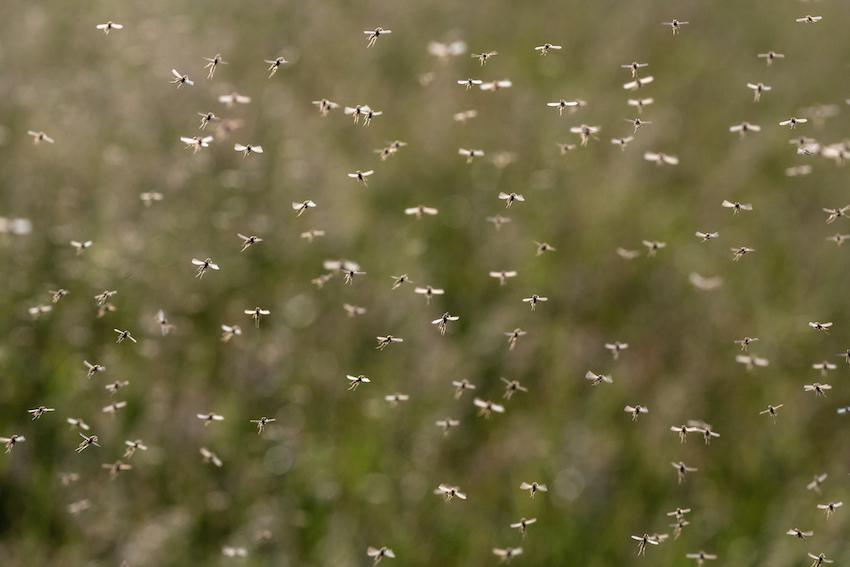Featured in

- Published 20231107
- ISBN: 978-1-922212-89-4
- Extent: 207pp
- Paperback, ePub, PDF, Kindle compatible


Already a subscriber? Sign in here
If you are an educator or student wishing to access content for study purposes please contact us at griffithreview@griffith.edu.au
Share article
About the author

Jeff Sebo
Jeff Sebo is associate professor of environmental studies; affiliated professor of bioethics, medical ethics, philosophy and law; director of the animal studies master’s program;...
More from this edition

Seeding knowledge
In ConversationThere’s so much we can learn from the plants, even the little annual plants, and we don’t take notice of them. Gymea lily flowers can tell you when the whales are coming. One of the things I’ve investigated is why the ants can tell the weather – I carried out an experiment when I was at Macquarie University, and what I found was that if the groundwater level rises, you can expect rain, and the ants will pick this up.

Fish
FictionHe hasn’t caught one in twelve years or more, not since just before Ritchie – Hayley’s oldest – was born. The deboning alone can take half a morning and you have to strip that tail to its cartilage very carefully because there’s a layer of green resin, bitter. In small doses it ruins the meat; poisonous if you eat too much.

Mother of pearls
FictionBut we are more animal now than we’ve ever been. We read the water that leaps into our pools; we filter all kingdoms of life through our gills. We understand that the tendrils connecting one life form to another run much longer and deeper than you might expect. And we can entertain the notion that our strange tasks were like the fateful beats of a butterfly’s wings, and maybe the witch was a rare genius, able to perceive how the purloined dog, the pawned bird or the swapped cats would, in the mysterious rippling of the universe, lead to our deepest desires coming to pass.